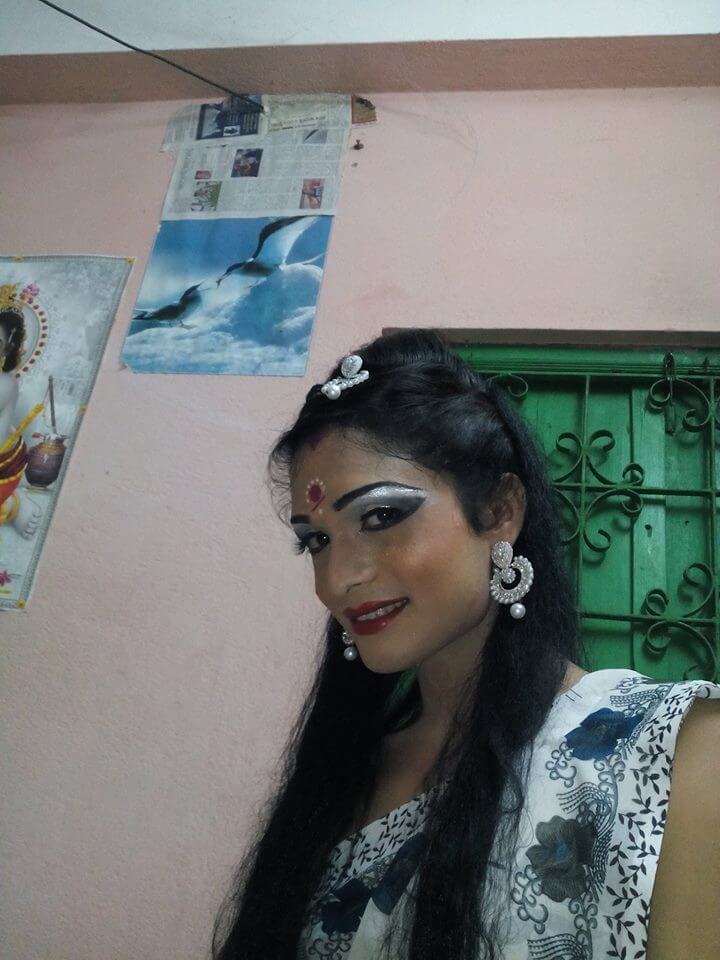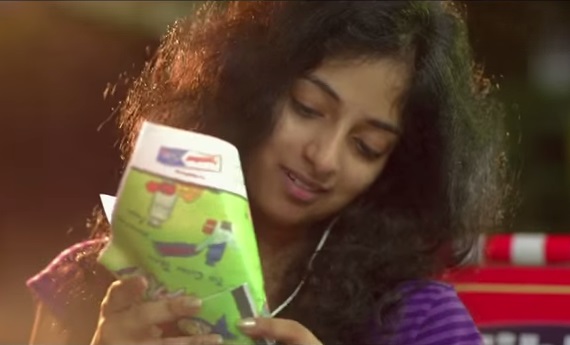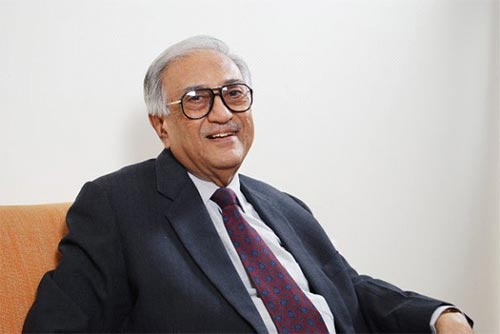What Are Exoplanets And How NASA Detects Life Beyond Our Solar System
Bharti Airtel Set To Acquire Telenor India Within This Year
Google Celebrates NASA’s Discovery Of Seven Earth-Like Planets With An Animated Doodle
Some Home Remedies That Might Sound Bizarre But Actually Work Like A Charm
Akshay Kumar Feels He Has Made Enough Money, Now Wants To Focus On Content & Characters
Delhi ATM Dispenses Fake Rs 2000 Notes From ‘Childrens Bank of India’ With ‘Churan Lable’
Adolf Hitler’s Personal Telephone During World War II Is Up For Auction In The US
From Salman Khan To Rekha, Neil Nitin Mukesh’s Wedding Reception Was Quite A Starry Affair
In Bengal’s Kalyani University How This Transgender Woman Earned Herself A Seat
Life unravelled for Sumana Pramanik one winter night, five years ago. “My 12th board examinations were just a month away. I was buried under my books when my relatives barged into room and dragged me out of it. They threw my books away and asked me to leave their house that very moment. I was so helpless that night, I wanted to give up,” says Pramanik. That night, as she walked down the empty nighttime streets of Krishnanagar town in West Bengal (about a three-hour drive away from Kolkata), Sumana made a promise to herself. “I told myself I will never be so vulnerable again,” says the 21-year-old transgender woman. Life hasn't been easy for Sumana. It’s not meant to be so for most transgender women in our country. But, Sumana, who finds her face splashed on most local newspapers after securing admission in a post-graduation course in mathematics at the Kalyani University “on humanitarian grounds”, considers herself lucky. “There are millions of other transgender women like me don’t get the opportunities I got,” she says. Sumana, who studied mathematics at Srikrishna College in Bagula, West Bengal, wanted to pursue a post-graduate degree in mathematics. However, she didn't have the requisite marks to secure an admission at the Kalyani University. “I didn’t want special favours. I just wanted the authorities to recognise that things have not been easy for me,” says Sumana. Kalyani University admitted Sumana under the supernumerary quota. “Keeping in mind the Supreme Court verdict on transgenders, we decided to decide to look at her case from a humanitarian angle,” says Pinaki Chattopadhyay, secretary of faculty council at the university. Bengal doesn't have any reservation in education for transgender persons. Sumana was abandoned by her parents at a children’s home when she was barely in school. She is distinctly uncomfortable talking about them. “They were embarrassed of me. I don't blame them. People in small towns are ruthless when it comes to these things. An effeminate boy brings shame to his whole family,” says Sumana. In her teens, she decided to pursue academics. She felt that it would help her gain some “respectability”. “Most transgender men and women don't complete their education. They face so much of discrimination from every quarters, that they give up,” says Sumana. She faced more than her share of discrimination too. There was relentless jeering. There were dismissive teachers and professors, who couldn’t understand why he wouldn’t give up on her “girly habits”. And then there were classmates who didn't want to sit with him. “I couldn't get an place to stay in Krishnanagar town because no one wanted to rent out their place to a transgender person,” says Sumana. Eventually, she found help in a network of supporters and well wishers. “I have people like Subrata Sarakar, my maths teacher, Aniruddha Dutta, who is also a professor at Iowa University, Anindya Hajra, of Pratyay Gender Trust to thank. They reassured me that I am not alone in my struggle,” says Sumana. Today, Sumana insists on telling her story as often as possible. “If my story opens doors for even one transgender person, I will consider myself blessed,” says Sumana.





